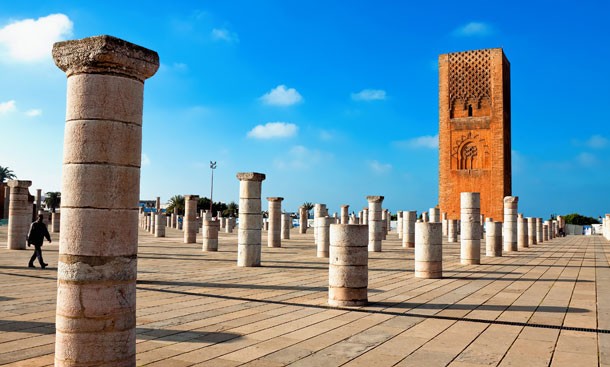
Rabat, October 5, 2024 – The United Nations Educational, Scientific and Cultural Organization (UNESCO) has designated Rabat as the “World Book Capital” for 2026, a recognition that highlights Morocco’s dedication to promoting culture, reading, and the democratization of knowledge, according to the Ministry of Culture, Youth, and Communication.
In a press release, the Ministry emphasized that this prestigious nomination aligns with the High Royal Guidelines of His Majesty King Mohammed VI and reaffirms Rabat’s role as a beacon of cultural excellence. Known as the “City of Lights” and Morocco’s cultural capital, Rabat is poised to take on an even more prominent role on the global stage with this new title.
The Ministry noted that being named World Book Capital will not only elevate Morocco’s cultural profile but also foster a collective awareness of the importance of books and reading. “This nomination provides an opportunity to strengthen synergy between public institutions and civil society to build a reading culture that is inclusive, particularly among the youth,” the Ministry stated.
The year-long program in 2026 will celebrate Moroccan literature in all its forms, featuring writing workshops, debates, training sessions, and book fairs. The initiative aims to create lasting projects that will establish Rabat as a permanent hub for books and reading, including the development of new creative spaces across the city.
According to the Ministry, this recognition will also promote intercultural dialogue through the universal language of books. It provides a platform to showcase Morocco’s rich cultural heritage, both nationally and internationally, while consolidating the role of books as a pillar of cultural and creative industries in line with the country’s New Development Model.
The Ministry concluded by highlighting the importance of this recognition in boosting the cultural sector. “The World Book Capital initiative will recognize reading as a key to success in the modern world, while emphasizing Morocco’s cultural diversity and the richness of its heritage.”
This marks yet another accolade for Rabat, which has been recognized on numerous occasions for its cultural significance, both regionally and globally.




